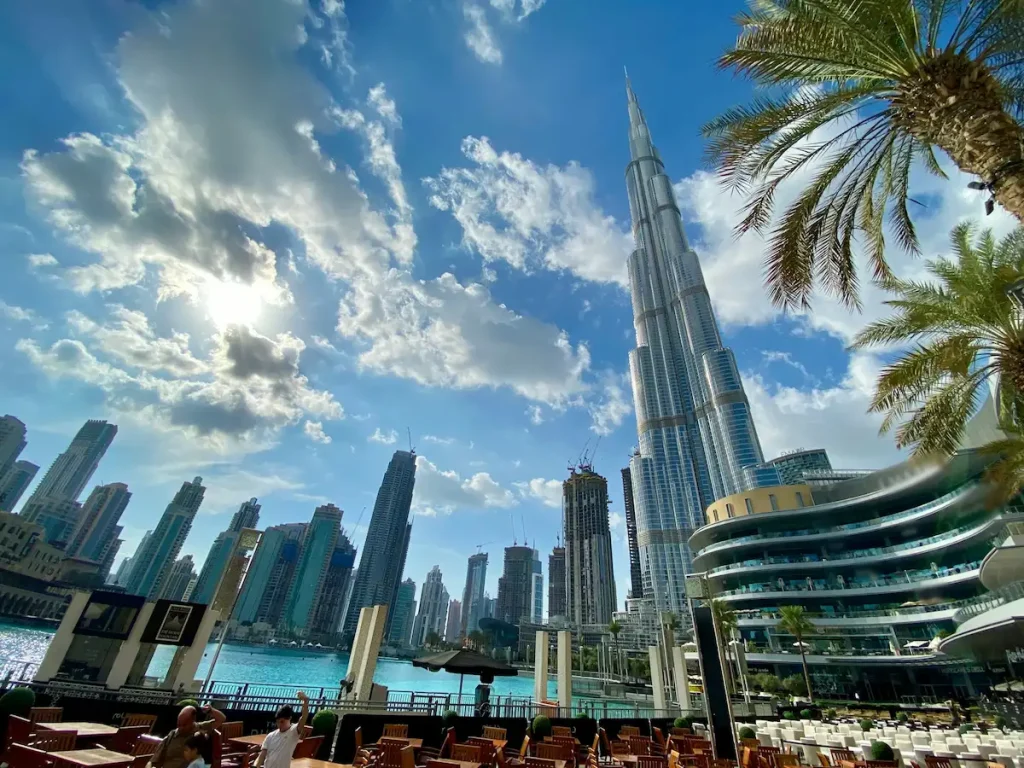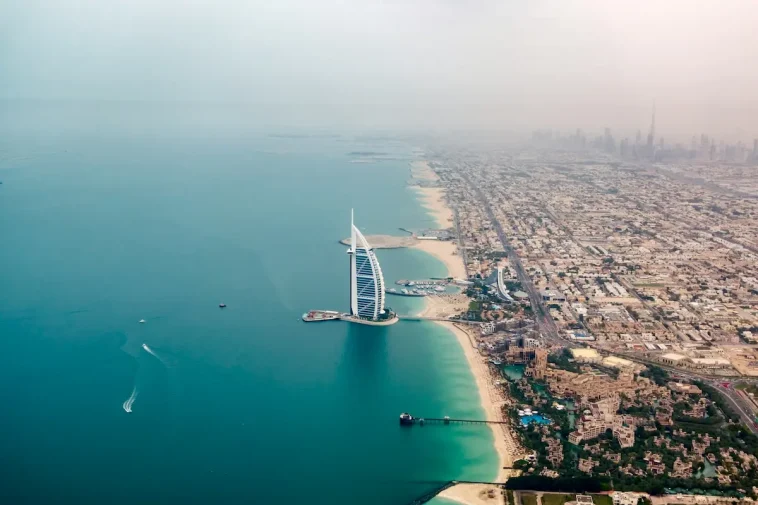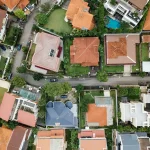Dubai, a city synonymous with luxury and lavishness, is making significant strides in providing affordable housing options to its residents. In this article, we are going to explore the current state of affordable housing in Dubai, government initiatives and market demand, as well as key affordable housing projects, financing options, challenges, and future prospects.
Current state of affordable housing
Dubai’s rapid population growth has a significant impact on housing demand. As more people move to the city for its economic opportunities and high standard of living, the need for affordable housing continues to rise. This growing demand necessitates ongoing development and investment in affordable housing projects.
According to dubai-immobilie-kaufen.de, affordable housing in Dubai is typically defined as housing that is reasonably priced for middle-income households, allowing them to afford housing costs while meeting other essential living expenses. This segment includes rental units and properties for purchase that cater to the financial capabilities of middle-income families, young professionals, and other modest earners.
The Dubai government has launched various initiatives to promote affordable housing. The Dubai 2040 Urban Master Plan aims to create a more sustainable and inclusive city, with a focus on affordable housing development. This plan emphasizes the need for diverse housing options to accommodate the growing population and support the city’s economic diversity.
The Real Estate Regulatory Agency (RERA) plays a crucial role in regulating and promoting affordable housing in Dubai. RERA’s policies ensure transparency and protect the rights of both buyers and tenants, fostering a more stable and accessible real estate market.

Overview of prominent housing projects
Several notable projects are contributing to the affordable housing landscape in Dubai:
Nshama Town Square: This development offers a mix of apartments and townhouses with modern amenities at competitive prices. The project includes parks, retail outlets, and community centers, making it a popular choice for families.
Emaar South: Located near the Expo 2020 site, Emaar South provides a range of affordable housing options with access to golf courses, retail facilities, and educational institutions. It aims to create a self-sustained community with all necessary amenities.
These projects typically offer essential amenities such as schools, healthcare facilities, parks, and retail centers. The focus is on creating integrated communities where residents can access everything they need within their neighborhood, enhancing their overall living experience.
A variety of financing options are available for buyers of affordable housing in Dubai. Banks and financial institutions offer competitive mortgage rates and flexible repayment plans tailored to the needs of middle-income earners. These financing options make homeownership more accessible to a broader segment of the population. Banks and financial institutions thereby play a key role in supporting the affordable housing sector by providing necessary funding and financial products. They offer tailored mortgage solutions, including fixed and variable interest rates, to suit the diverse needs of potential buyers.
Challenges
One of the primary challenges in the affordable housing sector is the availability and cost of land. High land prices in prime locations can make it difficult to develop affordable housing projects without compromising on quality or amenities. Ensuring that affordable housing projects maintain a high standard of quality while keeping costs low is another significant challenge. It is up to developers to find innovative ways to use cost-effective materials and construction methods without sacrificing the living standards of residents.
To ensure sustainable affordable housing, long-term strategies include the continued implementation of the Dubai 2040 Urban Master Plan and further regulatory support from RERA. Emphasis on public-private partnerships can also drive the development of affordable housing projects. Economic fluctuations and regulatory changes can significantly impact the affordable housing market. Proactive measures and policies that support economic stability and growth, along with a robust regulatory framework, are essential for the continued development of this sector.
Final thoughts
The demand for affordable housing in Dubai primarily comes from middle-income families, young professionals, and expatriates. These groups seek housing options that provide a reasonable balance between cost, location, and amenities, allowing them to enjoy a good quality of life without financial strain.
Various initiatives and projects are underway to meet the growing need. By addressing challenges such as land availability and balancing cost with quality, Dubai can continue to expand its affordable housing sector, ensuring that more residents have access to suitable and sustainable living options.




